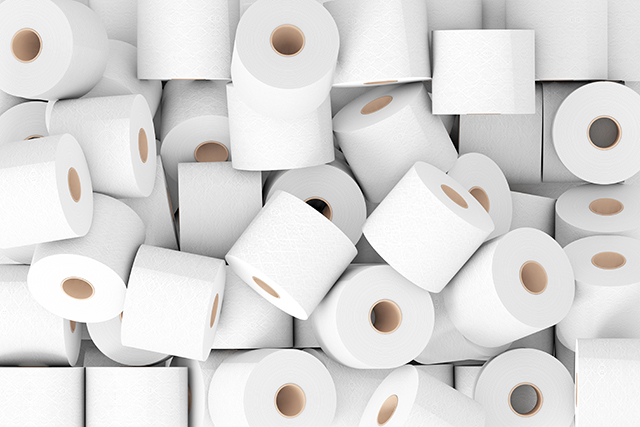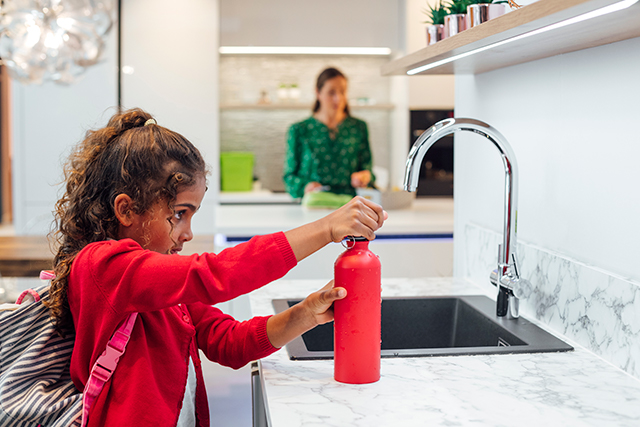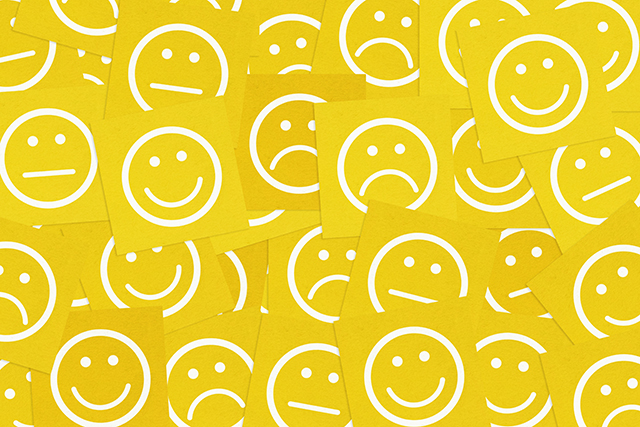The power of the individual cannot be understated. That’s why, at Siegfried, we believe in individual leadership, or the ability to take a step back and figure out what, with who, and how you should best be doing things. By focusing on our ourselves, the individual, we prepare ourselves to effectively collaborate and bring about impactful change, like improving our carbon footprint and committing to a more sustainable future.
As focused and dedicated individuals, we can connect to change the trajectory of our planet and bring about systemic and organizational change for a greener future. The problems threatening our environment are daunting, but by adapting our thought process as individuals, we can begin to turn the tide in our planet’s favor. Check out these simple tips to rethink your approach to consumption.
Limitless paper in a paperless world
Even as the digital workplace continuously evolves and ramps up, our collective use of paper has not dwindled. And it’s not just paper used in schools and offices contributing to the overconsumption of lumber and other materials: it’s your toilet paper, paper towels, and napkins.
Paper towels and napkins are easy to eliminate: pick up a cloth napkin set and you’ll have high-quality, reusable napkins for all of your meals. For spills and messes, you can go the dish towel or microfiber cloth route. But what about toilet paper?
The toilet paper manufacturing process is incredibly wasteful, burning some 37 gallons of water for a single roll. And that’s not even mentioning the numerous harmful chemicals included in the process and the destruction of the boreal forests of Canada.

Some would suggest switching to recycled toilet paper, but we’ve all experienced less than desirable toilet paper at cost cutting businesses, and recycled toilet paper often contains higher and unhealthy BPA levels. If you’re dead set on sticking to toilet paper, here are some of the best options as ranked by the National Resource Defense Council.
The best, and most sanitary solution to toilet paper waste is to adopt a bidet seat. After all, only 30% of the world uses toilet paper, and it’s hardly effective. Wash your mess away instead of smearing it around. Like many small shifts on this list, it’s better for your wallet, it’s better for the environment, and can make an immediate impact on your personal hygiene.
The minimalist approach
Paper waste only accounts for a sliver of all waste. In fact, one of the main sources of pollution across the globe is the textile industry. Fast fashion and trends have replaced long lasting quality, and many of us can dig into the closet and find forgotten clothes from last season and beyond.
If improving your paper product waste feels relieving, try applying that same mindset to your clothing consumption and more. Do you really need to buy those shirts on sale? Do you really need all those physical magazine subscriptions?
Cut down on your purchasing for a month or two to determine and track if you’re spending on necessities or not. An easy way to reduce your spending risk is to unsubscribe from marketing emails. There’s more green benefit than just environmental: you can improve your financial health by saving on unnecessary purchases.
It only takes a simple mental shift to begin adopting a less is more approach, and minimalism as a mindset offers an array of benefits. By decluttering your home and workspace, you are providing your mind the space to relax and be productive. A minimalist approach can be applied to your relationships too. Spend your time wisely with those that make you happy and skip those social interactions that feel like a chore. It can only benefit you in the long run!
Go reusable
Pivoting from single-use plastic and going reusable may be the easiest way to start cleaning up the planet and reducing your carbon-footprint. Earth Day estimates that every day, over 1,000,000 plastic water bottles are purchased. Within the United States, the EPA estimates that only about 9% of plastic waste is recycled. The rest of it ends up on the side of the road, in landfills, and hurting wildlife.

Pick up a reusable water bottle from a slew of insulated or aesthetic options. You’ll be able to refill it throughout your day and eliminate BPA from your daily routine, as well as decrease plastic waste. This simple action helps combat climate change and the irreversible damage that we are seeing in rising water levels and the fires in the western half of the United States.
Reusable, insulated, and high-tech coffee cups are also a great solution to plastic waste. Any good coffee shop would gladly fill your mug and skip the plastic, and as a bonus, an insulated cup will maintain whatever temperature you desire for your favorite morning beverage.
There are plenty of reputable brands such as Hydro Flask, Corkcicle, Swell, Yeti, etc. that make sustainable, refillable water bottles with quality-of-life features that anyone can appreciate.
Sustainability through gratitude
On the surface, gratitude and sustainability seem like unrelated concepts. But adapting a gratuitous mindset in our habits can yield a more sustainable lifestyle. For example, we express gratitude to farmers that grow our food when we support their operations by purchasing their products. The same goes for other financial transactions.
When we expand this example to the other transactions in our lives, we can easily transition to a sustainable consumption model. Perhaps we could think of the pig that gave its life for our breakfast, or the tree that grew a strong trunk so we could have the lumber to build our homes.
We can show our appreciation and gratitude through not taking more than we need and by returning the gifts these beings provided by protecting the resources that allowed them to flourish. Earth provides us with infinite gifts. If we begin to think about our resources as gifts, we can begin to consume less selfishly.
Vote with your wallet
At Siegfried, we focus on our personal values and character ethics so that we can work towards the best versions of ourselves. When we expand our values to the companies we patronize, we can better align our values with the externalities of our existences.
Living sustainably includes the practices used by the companies we give our money to. Doing due diligence to understand the practices our favorite brands utilize to create their products allows us to fully live out our values. Practices such as using heavy pesticides, following poor labor standards, using excessive energy, and creating waste all impact the environment.
Examples of shopping sustainably include buying organic and supporting local farmers when we can, buying apparel from companies that report on the impact of their practice, and repairing goods instead of replacing. Thrifting is another great consumption strategy to reduce your environmental impact.
There are a number of brands that do their part to keep our environment clean, and there are countless opportunities for each of us to adopt to commit ourselves to a healthier and greener planet. Consider your routines and how you can change to start reducing our carbon footprint.









